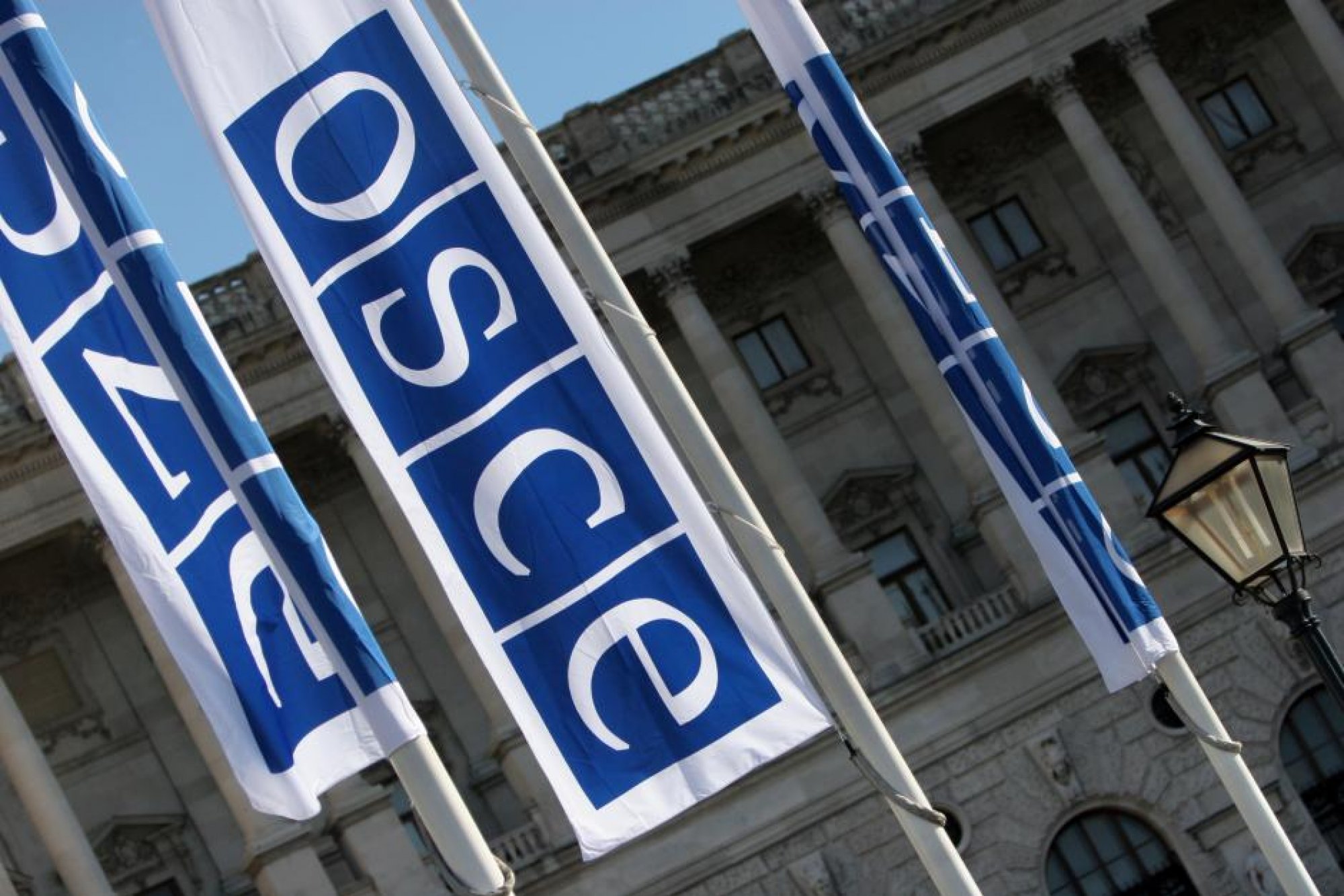TIRANA / VIENNA / WARSAW, 25 November 2020 – They urged to treat gender-based violence as a priority, because it increases during conflict and other crises, including the current COVID-19 pandemic. They noted that the ongoing health crisis has led to a rise in all types of violence against women and girls, especially domestic violence.
Chairperson of the Permanent Council Ambassador Igli Hasani noted that women’s empowerment alone is no guarantee in effectively combating gender-based violence and violence against women. Ambassador Hasani emphasized the crucial need to also involve men and boys in efforts to eliminate this phenomenon. Hasani praised the work the OSCE is doing in this regard, but called for more concerted efforts between governments, civil society, women´s organizations, youth representatives and the private sector to effect positive change in community attitudes and practices related to violence against women.
OSCE leaders stressed that more needs to be done to respond with targeted and effective actions to all forms of gender-based violence and to ensure that women and girls are guaranteed their most fundamental right to safety.
OSCE Officer in Charge/Secretary General Tuula Yrjölä warned that the COVID-19 pandemic is reversing the hard-won progress on advancing gender equality. “Participating States should increase efforts and take additional measures to implement the strong commitments on preventing and combating violence against women, to protect and support women in conflict settings and other crisis situations,” Yrjölä said.
The OSCE-led survey on gender-based violence in Eastern and South-Eastern Europe shows that conflict and crisis exacerbate enduring patterns of violence against women, thereby impeding progress towards comprehensive security for all.
According to the survey published last year, conflict-related violence has lifetime consequences on women affected by it. Overall, 81% of women in Eastern and South-Eastern Europe, who faced gender-based violence in conflict, suffered from a long-term psychological effects.
The devastating effect of violence against women also has a lasting impact on wider society as it can prevent survivors from contributing their skills and knowledge to their full potential.
“This year of lockdowns and quarantines has seen an increase in violence against women, as their exposure to abuse at the hands of an intimate partner or family member has risen and their ability to get the support they need has diminished,” said Katarzyna Gardapkhadze, ODIHR’s First Deputy Director. “While support services for victims are vital, our main aim should be prevention. We need to provide support to victims, but above all we need to work towards preventing violence against women before it happens, and in that we all have a key role to play – both women and men.”





